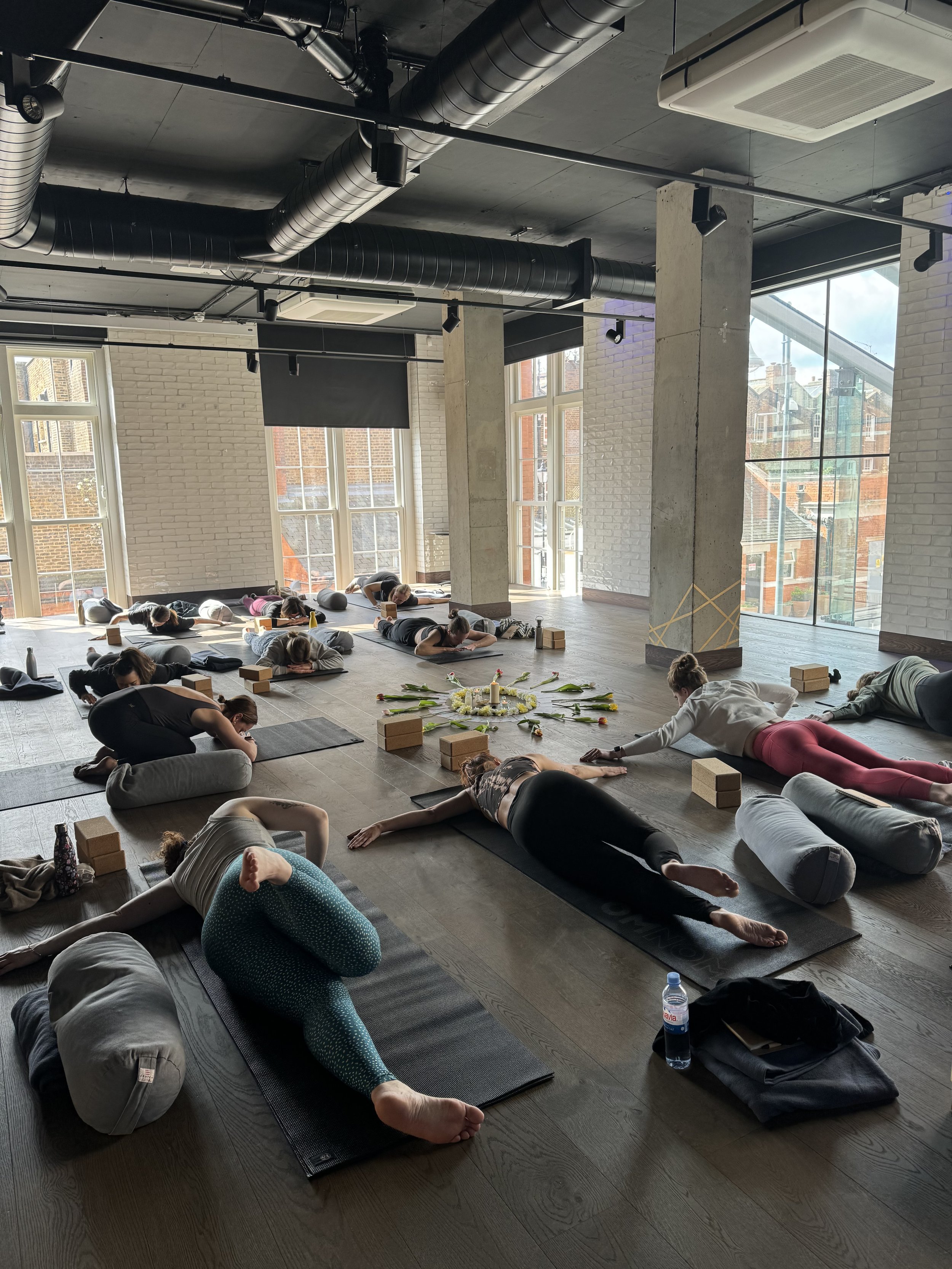How Changes in Seasons Impact Our Overall Wellbeing
Seasons aren't just a change in weather; it has been known that they shape our physical and mental health. Throughout history, people have learned to adapt to the natural rhythms of the seasons, and these patterns continue to influence our wellbeing today.
The Impact of Seasons on Physical Health
Vitamin D: Sunlight is essential for vitamin D production, crucial for bone health, immunity, and mood. Less sunlight in winter can lead to vitamin D deficiency, affecting overall health.
Temperature and Humidity: Changes in temperature and humidity can affect our bodies. Cold weather can increase blood pressure and respiratory problems, while hot weather can cause dehydration and heat-related illnesses.
Seasonal Allergies: Many people experience allergies to pollen, mould, or other seasonal allergens, significantly impacting their physical health and quality of life.
The Impact of Seasons on Mental Health
Seasonal Affective Disorder (SAD): This condition is characterised by mood changes that follow a seasonal pattern, typically occurring during the shorter, darker days of winter. Symptoms of SAD can include sadness, fatigue, and difficulty concentrating.
Energy Levels: Seasonal changes can influence our energy levels. The longer days and warmer weather of summer can boost our mood and energy, while the shorter days and colder weather of winter can make us feel more tired and lethargic.
Stress and Anxiety: The changing seasons can also impact our stress levels. The hustle and bustle of the holiday season can increase stress and anxiety, while the slower pace of summer can be relaxing and rejuvenating.
Tips for Adapting to Seasonal Changes
Get Outdoors: Spend time outdoors, even on cloudy days, to maximise sunlight exposure and vitamin D production.
Adjust Your Diet: Incorporate seasonal fruits and vegetables into your diet to ensure you're getting the necessary nutrients.
Stay Active: Regular exercise can help boost your mood and energy levels, regardless of the season.
Manage Stress: Practise stress-reduction techniques like meditation, deep breathing, or yoga.
Connect with people: Strengthen your relationships by spending time with your loved ones.
Embrace nature: Spend time outdoors, connect with nature, and soak up the revitalising energy.
Practice mindfulness meditation: Tune into the present moment and appreciate the beauty of the season.
Practice mindfulness journaling: Record your thoughts, feelings, and experiences.
Embrace the changing leaves: Use the beauty of autumn as a reminder of life's impermanence.
Seek Professional Help: If you're struggling with seasonal affective disorder or other mental health issues, don't hesitate to seek help from a qualified mental health professional.
By understanding the effects of seasons on our wellbeing and mental health, we can take proactive steps to adapt and thrive throughout the year.
If you need help, I am pausing has programmes to get you started on your journey to a better and more productive lifestyle.


